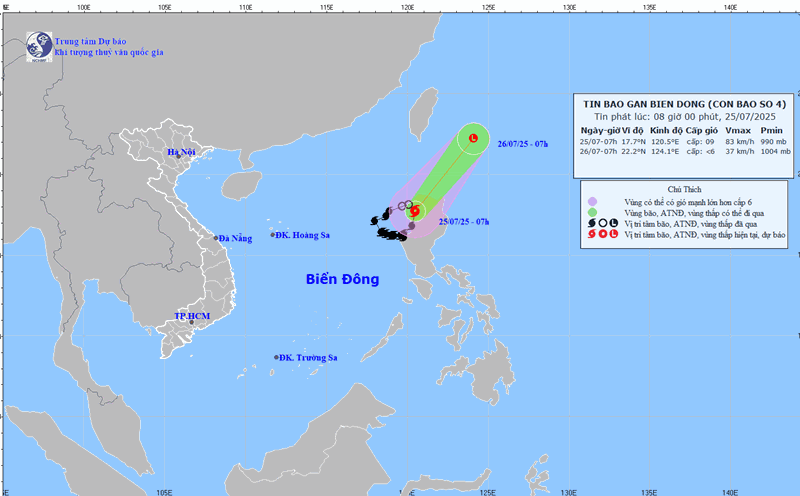This ruling of the court has historical significance and historical impact on everything related to protecting the Earth's climate in the modern world, sanctioning the responsibility of all countries in the world for protecting the Earth's climate, regardless of whether these countries participate in the United Nations general treaties and conventions on protecting the Earth's climate.
The historical significance of the above ruling and the great victory of Vanuatu are most clearly shown in the following four aspects.
First, the court affirmed that no single country in the world can alone prevent the long-standing changes of the Earth's climate. Therefore, all countries on earth must be responsible for protecting the Earth's climate, regardless of whether or not they participate in general treaties and conventions on protecting the Earth's climate.
Second, the court finds that achieving the goal stated in the United Nations' Paris Agreement on climate protection of keeping the Earth's temperature from rising to more than 1.5 degrees Celsius is mandatory for all members of the United Nations.
Third, the court clearly requires countries around the world to contribute to the protection of the Earth's climate commensurate with their responsibility in causing global climate change and this appropriateness is determined on the basis of science, not just how countries want to determine.
Fourth, countries can use their national laws to sue another country for failure to comply with Earth's climate protection responsibilities.
The small island nation has made history by taking this extremely important step forward and change in the fight against the Earth's climate.









